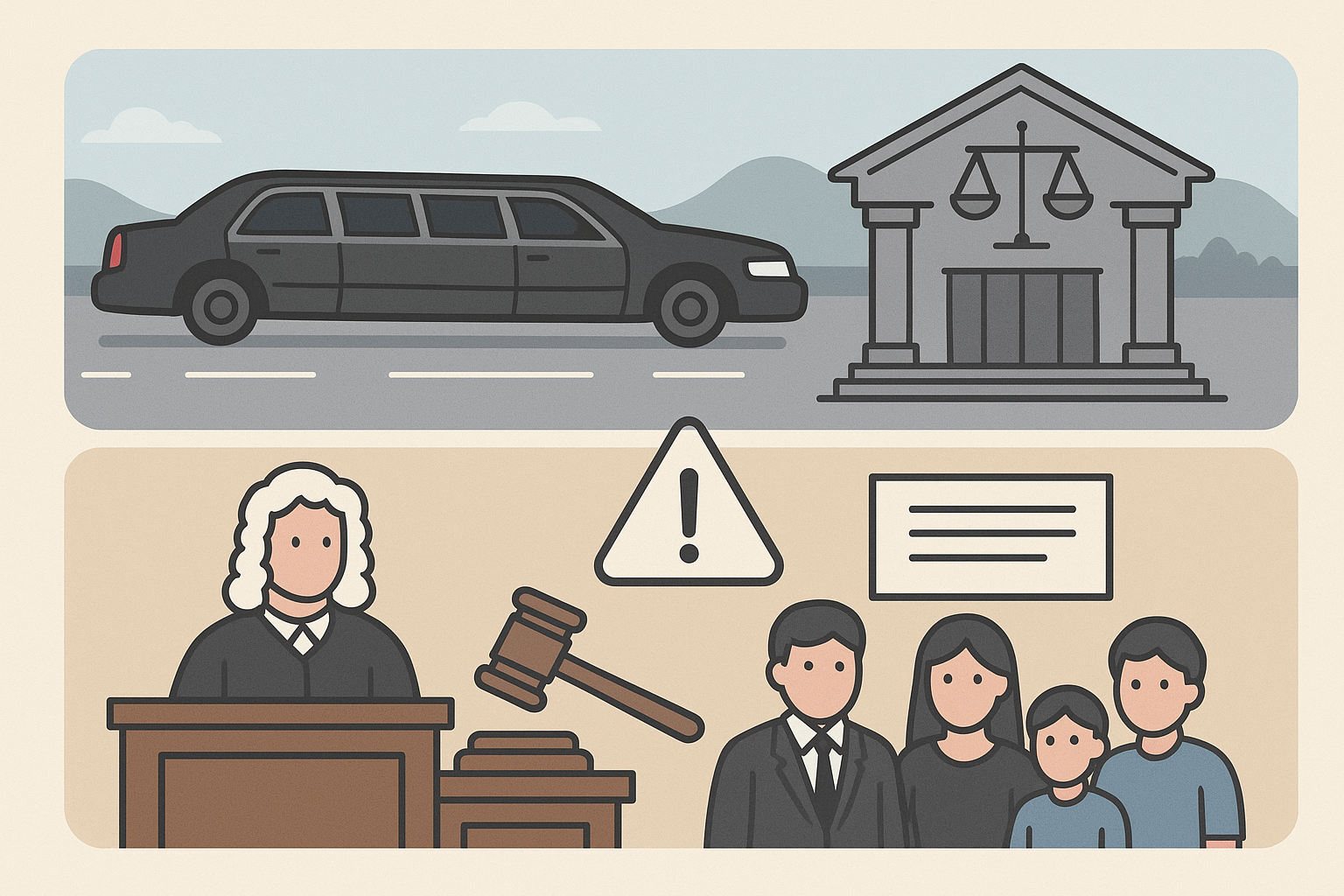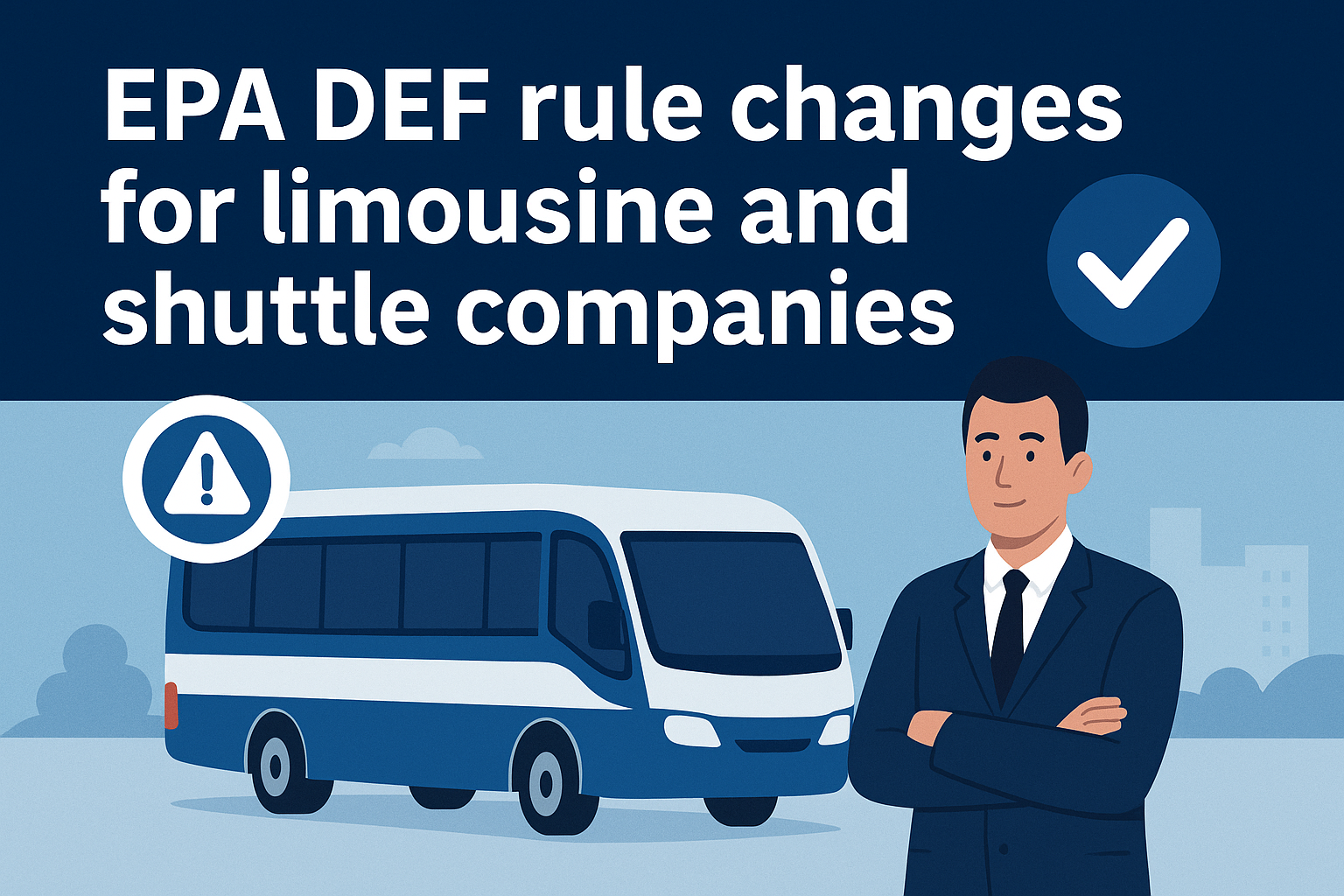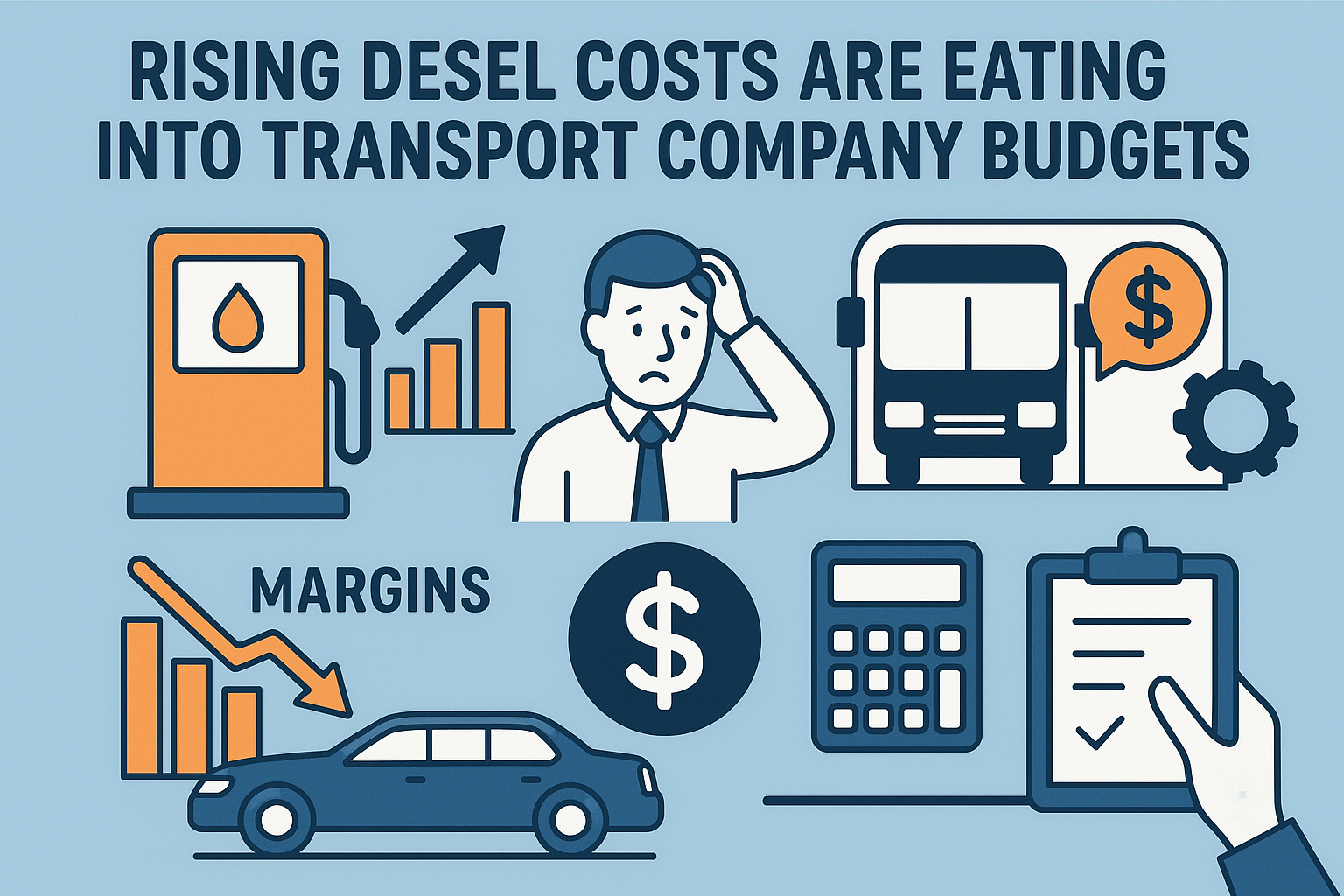Understanding the Background of the Schoharie Limousine Crash
In October 2018, the transportation industry was shaken by one of the deadliest crashes in recent history. A stretch limousine carrying 17 passengers, along with the driver, lost control in Schoharie, New York. The vehicle ran through an intersection, killing everyone inside, along with two bystanders. Investigations later revealed that the limousine had serious safety and maintenance issues that should have prevented it from being on the road. This tragedy made national headlines and brought scrutiny to how limousine and shuttle services operate, leading directly to the ongoing Schoharie Limousine Crash Hearing that continues today.
For many in the industry, this event was more than just a news story. It highlighted real weaknesses in oversight and responsibility. Investigators found that the vehicle had failed inspections and was still allowed to carry passengers. Families who lost loved ones filed lawsuits not only against the operator but also against the maintenance providers and other companies connected to the vehicle. This showed how liability in such cases can spread beyond the company that owned the vehicle. Industry experts believe the Schoharie Limousine Crash Hearing will likely influence how courts assign responsibility in similar cases moving forward.
Fast forward to 2025, and the legal process is still ongoing. A judge has now scheduled a hearing for September to decide whether the law firm representing Mavis Discount Tire should be disqualified from defending the company in civil cases. The reason is a potential conflict of interest linked to the firm’s earlier involvement in the criminal investigation. This demonstrates how even years after the incident, the legal and financial consequences continue.
Why This Court Hearing Still Matters in 2025
At first glance, many operators may think that an event from seven years ago no longer has much relevance. But the fact that this case is still in the courts shows how long-lasting the consequences of safety failures can be. Families are still fighting for accountability, businesses are still spending money on legal defense, and the industry’s reputation is still tied to this incident. That is a powerful reminder for every operator today.
The upcoming hearing is not just about lawyers or technicalities. It reflects the seriousness with which the courts treat negligence and compliance failures in transportation. Operators who ignore maintenance, cut corners, or take risks with vehicle safety may think the consequences will be short-lived. The Schoharie case proves otherwise. Legal disputes can drag on for years, draining finances and making it difficult for companies to survive.
For limousine, shuttle, and coach providers, this hearing reinforces the idea that safety is not optional. Compliance is not a box to tick just for regulators. It is directly tied to survival, both in terms of protecting passengers and in protecting the business itself from collapse. The operators who understand this will have an advantage over those who ignore it.
The Legal and Safety Lessons for Operators
One of the clearest lessons from this case is that maintenance must be a top priority. The Schoharie vehicle had issues with its braking system and had already been cited for safety concerns. Still, it was placed on the road with passengers. For company owners, this is a strong warning. Allowing a single unsafe vehicle to operate can put lives at risk and destroy the business. Proper maintenance schedules, frequent inspections, and documented repair histories are not optional.
Another important lesson is the responsibility of choosing reliable partners. In the Schoharie case, outside maintenance providers were also pulled into lawsuits. This means that even if you outsource work, you are not free of responsibility. As an owner, you should audit your vendors and make sure they are qualified, reputable, and able to back up their work. Trusting the wrong partner can land you in the same legal battles as the Schoharie operator.
Finally, there is the legal exposure itself. Operators must understand that liability does not end with the company. In a serious crash, lawyers will look at everyone involved. That includes mechanics, suppliers, leasing partners, and more. This makes it essential to have strong contracts, the right insurance coverage, and clear internal policies. By preparing for the worst, you protect your company from years of legal struggles.
The Impact on Industry Reputation and Customer Trust
When the Schoharie crash happened, it made national news. Families, businesses, and the public all saw images and stories of a vehicle that should not have been on the road. For the general public, the difference between one bad operator and the rest of the industry is not always clear. Many customers now associate limousines and party buses with risk, even when most operators run safe businesses.
This perception issue is one of the lasting impacts of the crash. Even years later, many customers ask more questions about safety, insurance, and licensing before booking a service. For company owners, this can be seen as a challenge but also an opportunity. By being open and transparent about safety measures, operators can reassure clients and even win business by showing their standards are higher. The ongoing Schoharie Limousine Crash Hearing has kept safety concerns in the public eye, making it even more important for operators to highlight their commitment to passenger protection
Rebuilding trust is not just about one company. It affects the whole industry. If another tragedy like Schoharie were to happen, the entire limousine and shuttle market could face stricter regulation and customer hesitation. That is why every operator should take the lessons of this case seriously. By putting safety at the center of operations, the industry as a whole can restore confidence.
How Operators Can Protect Their Business Today
The most important step any operator can take is to make safety a core value. This means more than just passing inspections. It means creating a system where drivers, dispatchers, mechanics, and managers all understand that safe practices come before profits. Vehicles must be taken out of service if there is any doubt about their condition, even if it means losing revenue for a day.
Insurance is another key area. Too many small operators carry minimal coverage to save costs. The Schoharie case proves that in the event of a tragedy, minimal coverage is not enough. Proper commercial insurance, liability protection, and legal backup should be seen as investments. They may never be used, but if they are needed, they can prevent the business from closing.
Finally, operators should see safety as a marketing strength. Customers today value peace of mind. Instead of competing only on price, companies can highlight their safety records, their maintenance processes, and their compliance with regulations. This not only builds trust with customers but also makes the business more attractive to corporate clients, event planners, and partners.
The Bigger Picture for the Industry
Looking at the broader picture, the Schoharie case has pushed regulators and associations to pay more attention to safety. States are reviewing inspection systems, insurance requirements, and licensing rules. While some operators may see this as a burden, it also creates a more level playing field. Companies that have always invested in safety and compliance will now stand out compared to those that cut corners.
Associations like the National Limousine Association have also stepped up advocacy efforts. They want to make sure that regulations protect passengers without destroying small operators. For company owners, this is a good time to stay involved with associations and follow legislative updates. Being informed about upcoming changes can help you prepare instead of being caught off guard.
The Schoharie case is also a reminder that the industry must constantly adapt. New technology, stricter rules, and changing customer expectations all require operators to evolve. Safety and compliance are not one-time tasks. They are ongoing responsibilities that must be reviewed and improved year after year.
Conclusion: Learning from the Past to Protect the Future
The Schoharie Limousine Crash Hearing is a reminder of a tragedy that affected families, businesses, and the entire industry. Seven years later, it is still shaping the legal and business environment for operators. This ongoing court process is proof that negligence carries long-term consequences.
For limousine, shuttle, and coach service providers, the lessons are clear. Safety must be the foundation of operations. Compliance, maintenance, insurance, and transparency are not optional—they are survival tools. By taking these lessons seriously, operators can protect their companies, reassure their clients, and contribute to an industry that is trusted and respected.
In the end, learning from Schoharie is about more than avoiding lawsuits. It is about building a stronger, safer, and more professional transportation industry that values lives above profits.
Home | About Us | Pricing | Get Started | FAQ | Dispatch Daily | Contact Us
WhatsApp | Facebook | LinkedIn




Leave a Reply